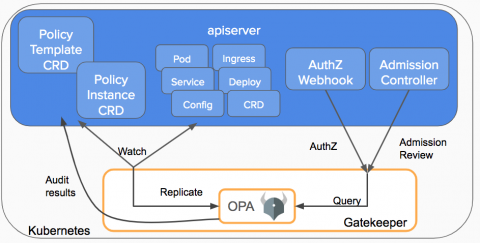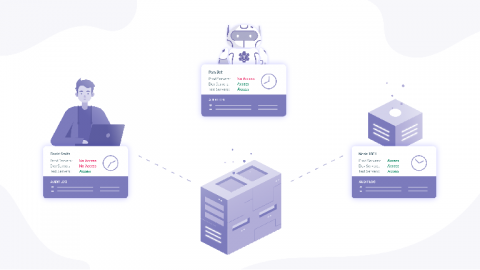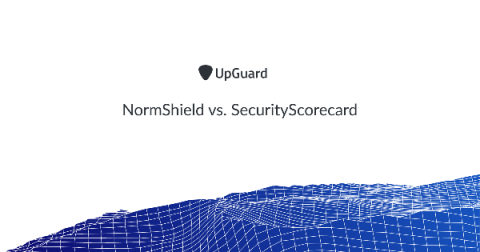Practical IT Security Guide to Protecting your People
There is that song by Baz Luhrmann, well it was actually a speech of his first that was later made it into a catchy jingle. It goes … If I could offer you only one tip for the future, sunscreen would be it A long-term benefits of sunscreen have been proved by scientists Whereas the rest of my advice has no basis more reliable Than my own meandering experience, I will dispense this advice now Unfortunately in securing your business, there is no Sunscreen type solution.










